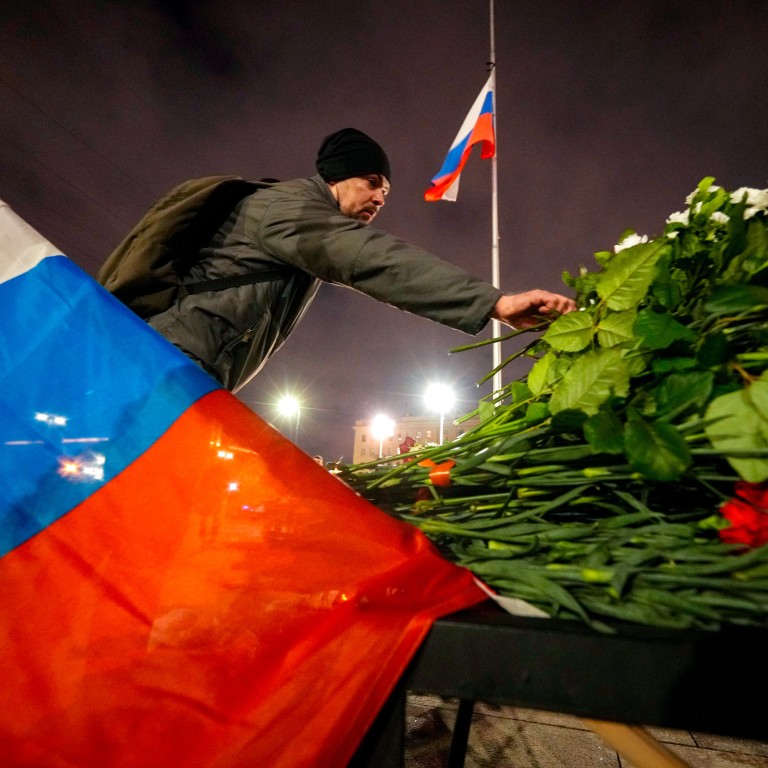
Letters | Moscow attack: how to bolster societies against terrorism’s corrosive impact
- Readers discuss what the global response to the massacre that claimed over 130 lives should be, and cases involving the question of genocide in the recent past
Acts of violence, such as the one at Crocus City Hall which claimed over 130 lives, must not be attributed to any specific religion. Terrorism has no place in Islam or any other faith. The actions of a few extremists do not represent the beliefs or values of the wider Muslim community or any other religious group.
The impact of terrorism extends far beyond the loss of innocent lives. It permeates communities, instilling fear, division and mistrust. To counter this, communities must come together and reject attempts to sow discord or foster hatred. By promoting dialogue, understanding and cooperation, we can build resilient and peaceful societies that can withstand the corrosive influence of terrorism.
Addressing terrorism requires a comprehensive approach that encompasses not only security measures but also the promotion of religious education. It is crucial to teach the true principles and values of Islam and other faiths in a contextualised and nuanced manner. By fostering critical thinking, empathy and a pluralistic outlook, particularly among the youth, we can empower individuals to resist extremist ideologies.
Stereotypes, prejudices and discriminatory attitudes fuel hatred and extremism. Embracing diversity, celebrating cultural exchange and encouraging interfaith dialogue can help foster an inclusive environment that values unity and mutual respect.
Acts of terror transcend national boundaries. Therefore, global solidarity and collaboration are indispensable in addressing the causes of terrorism. By sharing experiences, best practices and intelligence, nations can together counter extremist ideologies, disrupt terrorist networks, and promote peace and security on a global scale. Only through collective efforts can we hope to build a safer world for future generations.
Ilnur Minakhmetov, Yau Ma Tei
A more diversified definition of genocide would be useful
The case against Israel brings to mind two well-known cases involving the question of genocide: that of former Sudanese leader Omar al-Bashir and that of Islamic State. However, these cases differ from the one involving the Gaza conflict.
Islamic State emerged as a terror group in Syria and Iraq in the early 2010s. In 2021, the head of the United Nations team investigating the group’s actions said it had committed genocide against the Yazidi and war crimes against unarmed cadets and military personnel at Tikrit Air Academy. Isis’ actions were driven by religious biases and the quest for domination in a war. While the group was defeated in Syria and Iraq in 2019, concerns about its resurgence persisted.
A comparison of these three cases requires attention from the academic community and governments. It might offer a more diversified definition of genocide as it takes place in reality.
Jacky Li, Sha Tin

